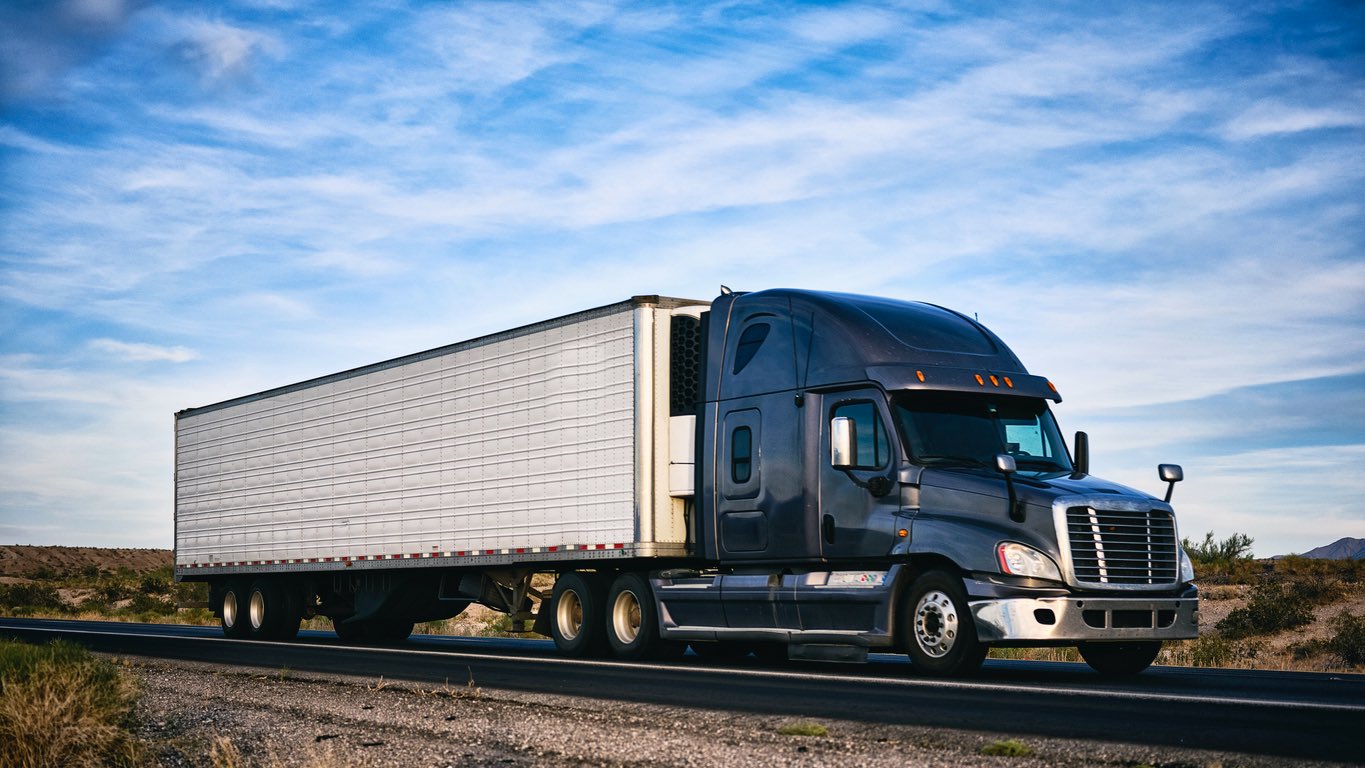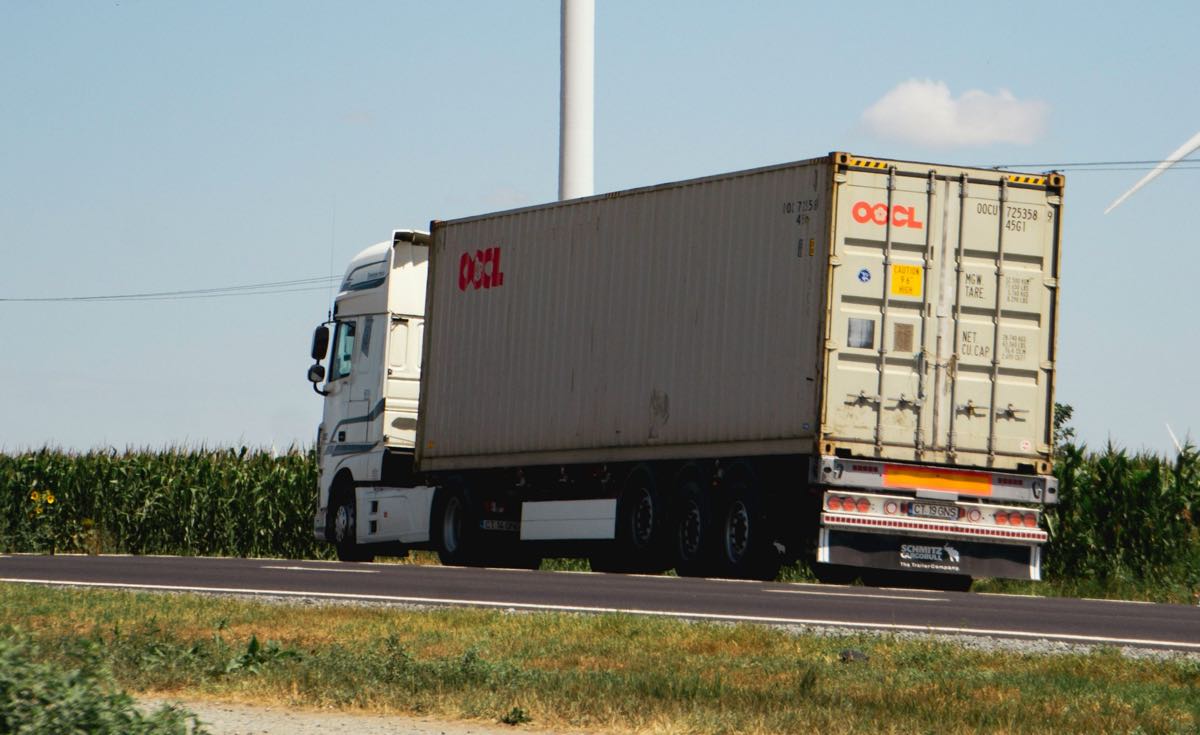Lease-purchase contracts in the trucking industry have come under intense scrutiny in recent years, with growing concerns over their impact on drivers. These agreements, which function similarly to rent-to-own deals, are designed to allow drivers to pay monthly installments with the promise of owning the truck at the end of the term. However, the arrangement has been criticized as a predatory practice that primarily benefits trucking companies, while leaving drivers financially strained and vulnerable.
The issue has attracted the attention of the Federal Motor Carrier Safety Administration’s (FMCSA) Truck Leasing Task Force (TLTF), which has issued a 51-page report calling for legislative changes. According to the TLTF, over 200,000 truck drivers have been affected by what they describe as harmful lease-purchase programs. In the following sections, we will explore what lease-purchase contracts entail, the criticisms surrounding these agreements, and potential solutions for the problems they create.

What is a Lease-Purchase Contract?
A lease-purchase contract in the trucking industry is a type of arrangement where a driver enters into a lease agreement with the option to purchase the truck at the end of the lease term. Drivers typically make a down payment, followed by monthly payments over several years. At the conclusion of the lease, the driver is expected to own the truck. While it may seem like an opportunity for truckers to own their own vehicle without a hefty upfront cost, the realities of the contract often prove to be more complex and financially burdensome.
The Structure of Lease-Purchase Agreements
In many lease-purchase contracts, the driver is responsible for paying not just for the truck itself, but also for other associated costs, such as maintenance, insurance, and sometimes fuel. The monthly payments can be quite steep, especially when combined with these additional expenses. Furthermore, these agreements often include clauses that limit the driver’s ability to operate the truck freely. For instance, many drivers are required to run freight from the company they lease the truck from, which may not always align with their personal preferences or business goals. This limitation can prevent truckers from exploring other potentially more profitable routes or clients.
Key Differences Between Lease-Purchase and Traditional Ownership
The fundamental difference between lease-purchase and traditional truck ownership lies in control and financial responsibility. With traditional ownership, drivers typically purchase the truck outright with a loan, paying it off over time while owning full control over how the truck is used. In contrast, a lease-purchase agreement often imposes strict restrictions on the use of the vehicle, and the lease payments may end up being more expensive than the value of the truck itself. In the end, many drivers find that they’ve paid more than the truck’s worth, only to face additional challenges in maintaining their livelihood.

Predatory Practices Targeting Drivers
One of the central criticisms of lease-purchase programs is that they are exploitative in nature. The lease-purchase structure often leads to drivers paying far more than the truck is worth, with no recourse for relief. The financial obligations involved are sometimes overwhelming, and drivers are left with little to no profit after covering their lease payments and operational expenses.
Additionally, trucking companies benefit significantly from these contracts. They receive guaranteed freight hauling from the leased trucks, ensuring a steady stream of income without taking on the financial responsibility of owning and maintaining the vehicle. For many drivers, this arrangement feels more like a scam than a legitimate path to truck ownership.
Financial Harm to Drivers and the Industry
The financial burden placed on drivers is another key issue with lease-purchase contracts. Many truckers find themselves trapped in these agreements, with little opportunity to escape. The payments may be too high, and drivers may not generate enough revenue from their freight to cover costs. This results in a cycle of debt, where drivers can’t afford to stop working, but also can’t afford to thrive.
Furthermore, the impact on the broader trucking industry cannot be ignored. Critics argue that the practice drives down wages for drivers, as companies have a financial incentive to continue the lease-purchase system. By lowering the barrier to entry, these programs encourage more people to enter the trucking industry, leading to oversupply and lower wages. Over time, this harms not just the drivers themselves, but the entire supply chain that depends on fair and sustainable compensation.
Impact on Wages and the Broader Supply Chain
The oversaturation of the market created by lease-purchase programs can lower wages across the industry. When more drivers are forced into these contracts, there is less demand for traditionally employed drivers. As a result, trucking companies may reduce pay rates, knowing that the drivers are often desperate to maintain their positions due to the financial strain of lease-purchase obligations. This further weakens the bargaining power of drivers and contributes to the erosion of wage standards across the industry.

Legal and Legislative Efforts to Address the Issue
The Truck Leasing Task Force has proposed several measures to address the problems associated with lease-purchase agreements. However, despite the extensive research and recommendations, the task force acknowledges that pushing through legislation to ban these programs may be difficult. Congress will need to weigh the potential benefits of regulating or banning lease-purchase agreements against the interests of trucking companies that benefit from the current system.
One possible solution is improving driver education. Many truckers enter into lease-purchase contracts without fully understanding the financial implications. A better-educated workforce could be more equipped to identify predatory programs and avoid falling into financial traps.
Potential Alternatives and Recommendations from the Task Force
The task force suggests several alternative approaches to the lease-purchase system. One potential solution is creating more flexible truck ownership programs that allow drivers to take on less risk while still gaining ownership. This could include programs that allow drivers to work with multiple companies or operate independently. By breaking the link between truck leasing and freight hauling, drivers could gain more control over their work while still benefiting from the opportunity to own a vehicle.
Another suggestion involves increasing transparency in lease agreements. Clearer terms, more reasonable financial commitments, and improved contract structure would go a long way in protecting drivers from predatory practices.
The Future of Lease-Purchase Contracts in the Trucking Industry
While it remains unclear whether a ban on lease-purchase agreements is feasible, there is growing momentum behind efforts to reform the system. As the trucking industry continues to evolve, stakeholders from various sectors will need to come together to ensure that truckers are treated fairly. Whether through legal action, regulatory reforms, or industry-led initiatives, changes to the lease-purchase system may be on the horizon.

Truck lease-purchase contracts have become a contentious issue within the trucking industry, with drivers and critics alike decrying the financial harm caused by these agreements. Despite the challenges and resistance from certain sectors of the industry, there are steps that can be taken to protect drivers and ensure fairer practices. From improved driver education to potential legislative reforms, the path forward will require cooperation and a commitment to fairness.
For truckers who are considering a lease-purchase agreement, it’s crucial to understand the full scope of the deal and to explore all available options. The future of the industry may depend on reforms that prioritize the well-being of drivers over the profits of large trucking companies.

Ship A Car, Inc. is a leading name in the vehicle shipping industry, known for its reliable and cost-effective services. Whether you need to ship a car, motorcycle, truck, or heavy equipment, Ship A Car’s network of top-rated carriers ensures that your vehicle reaches its destination safely and on time. With over a decade of experience, Ship A Car offers door-to-door service, transparent pricing, and personalized customer support. Call (866) 821-4555 now to speak with a transport coordinator and secure the best shipping price for your needs.
- What is a Lease-Purchase Contract in Trucking? A Lease-Purchase Contract allows drivers to lease a truck with the option to purchase it at the end of the term. Drivers make monthly payments, but they are restricted in how they can operate the truck.
- How Do Lease-Purchase Contracts Harm Truck Drivers? Lease-purchase contracts often leave drivers financially burdened by high payments and limited freedom to choose freight. Many drivers end up paying more than the truck is worth, while receiving little benefit from ownership.
- What Can Be Done About the Lease-Purchase Issue? Legal changes may be difficult to enact, but education programs for drivers, clearer contracts, and alternative truck ownership options could help alleviate some of the financial burdens placed on truck drivers.




